Arts and Humanities
Explore Arts and Humanities
No Results Found
The page you requested could not be found. Try refining your search, or use the navigation above to locate the post.
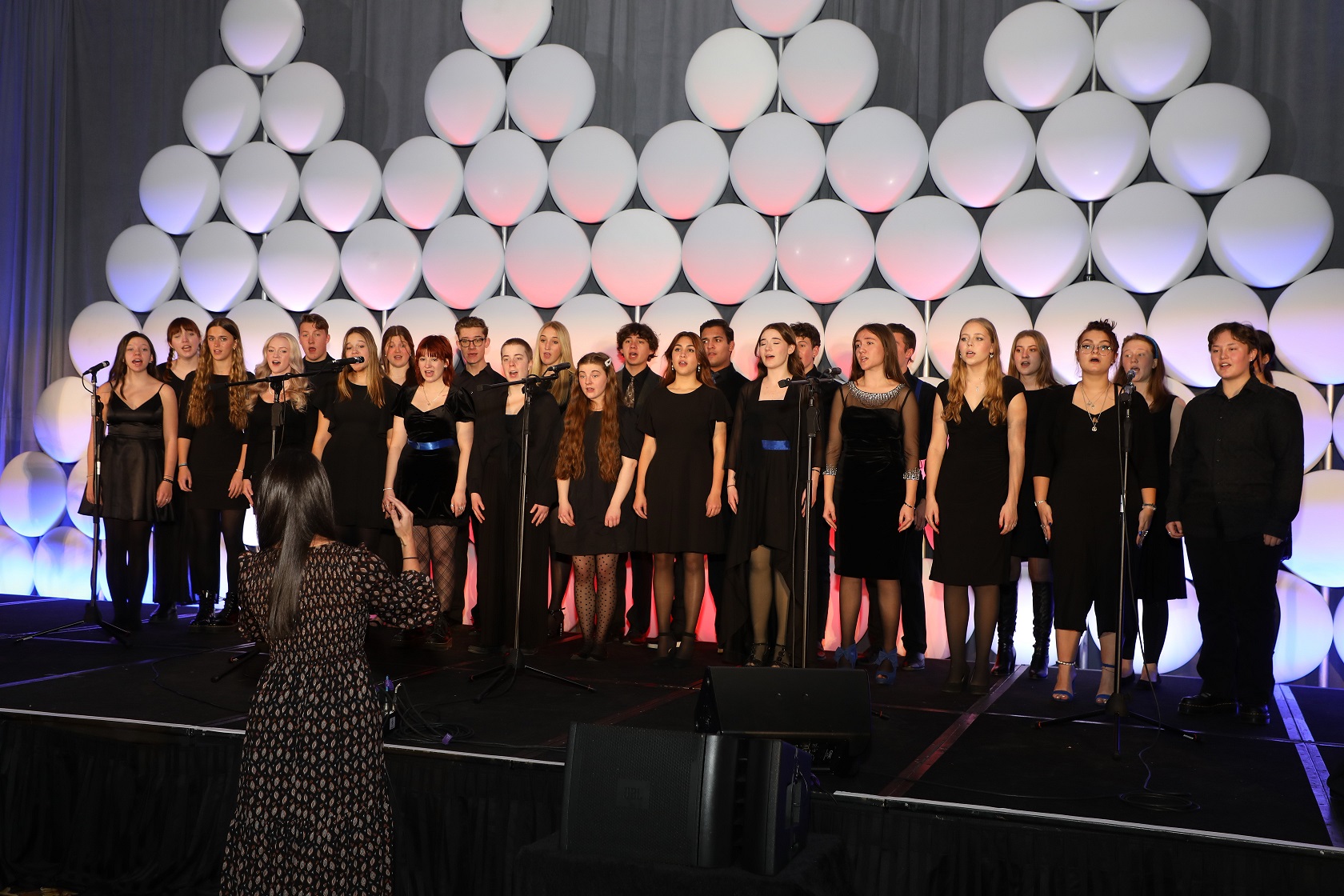
Austina Lee | Gareth Dylan Smith – The Role of Love and Community in American Schools
Capitalism and neoliberalism inform the way in which children in the USA are schooled. Mainstream education prioritises standardisation and conformity, and may not help students develop a sense of themselves, or tools to create good relationships with others. In a recent paper, teachers Austina Lee and Gareth Dylan Smith explore how this can be challenged through ‘punk’ pedagogy. They use the case study of a high-school choir to demonstrate how their ideas can be put into practice.
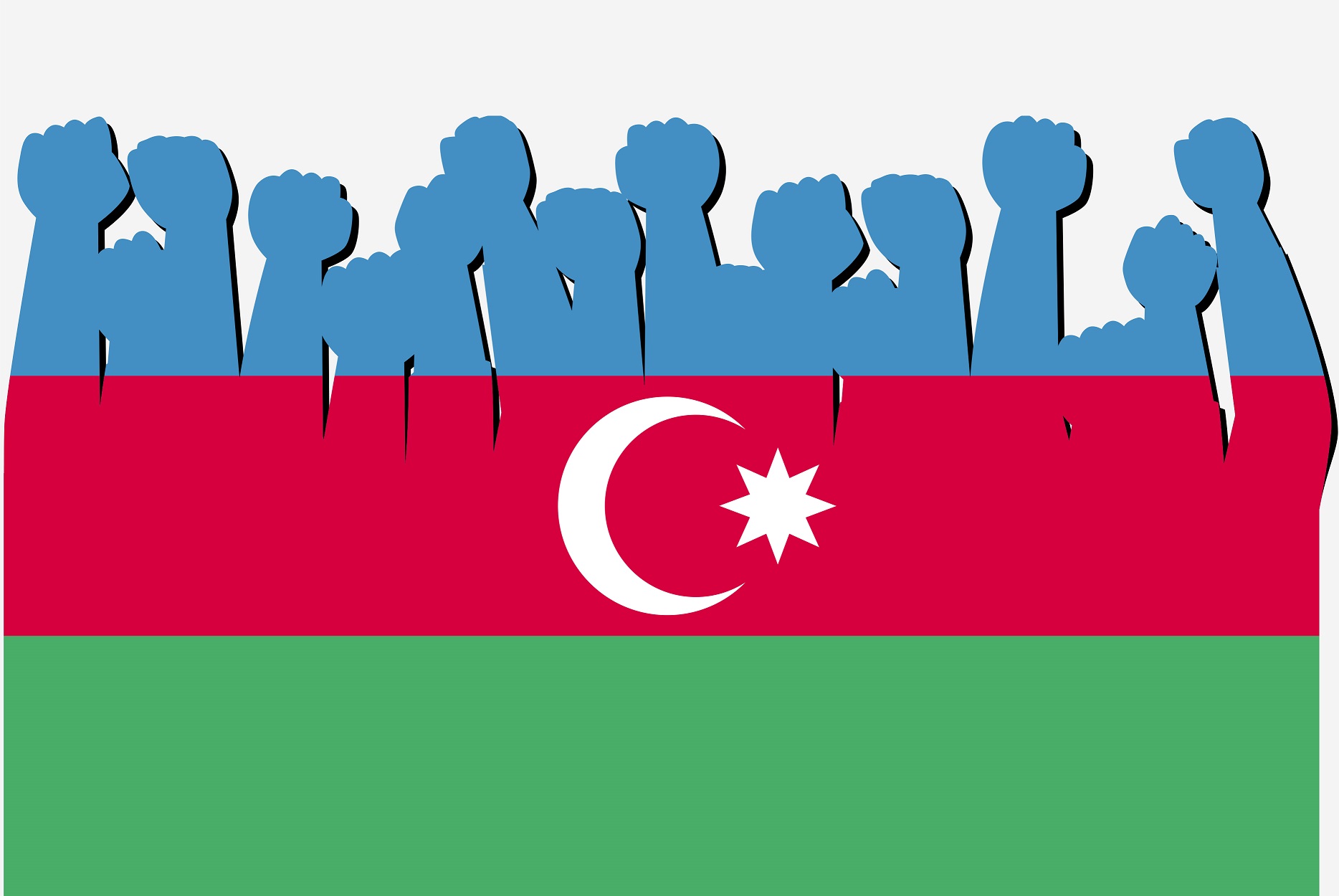
Dr Audrey L. Altstadt – Exploring the Tortuous History of Two Political Prisoners in Azerbaijan
Human rights defenders Leyla and Arif Yunus played a crucial role in Azerbaijan’s politics and modern history. After being sentenced to 8.5 years in jail by the Azerbaijani government and being released due to health issues, Leyla and Arif Yunus shared the suffering and torture they endured as regime opponents and political prisoners in a book entitled The Price of Freedom. Dr Audrey L. Altstadt, a Professor of History at the University of Massachusetts Amherst, recently published a short article outlining the dynamics underlying the arrest of the two political activists and the struggle described in their book.
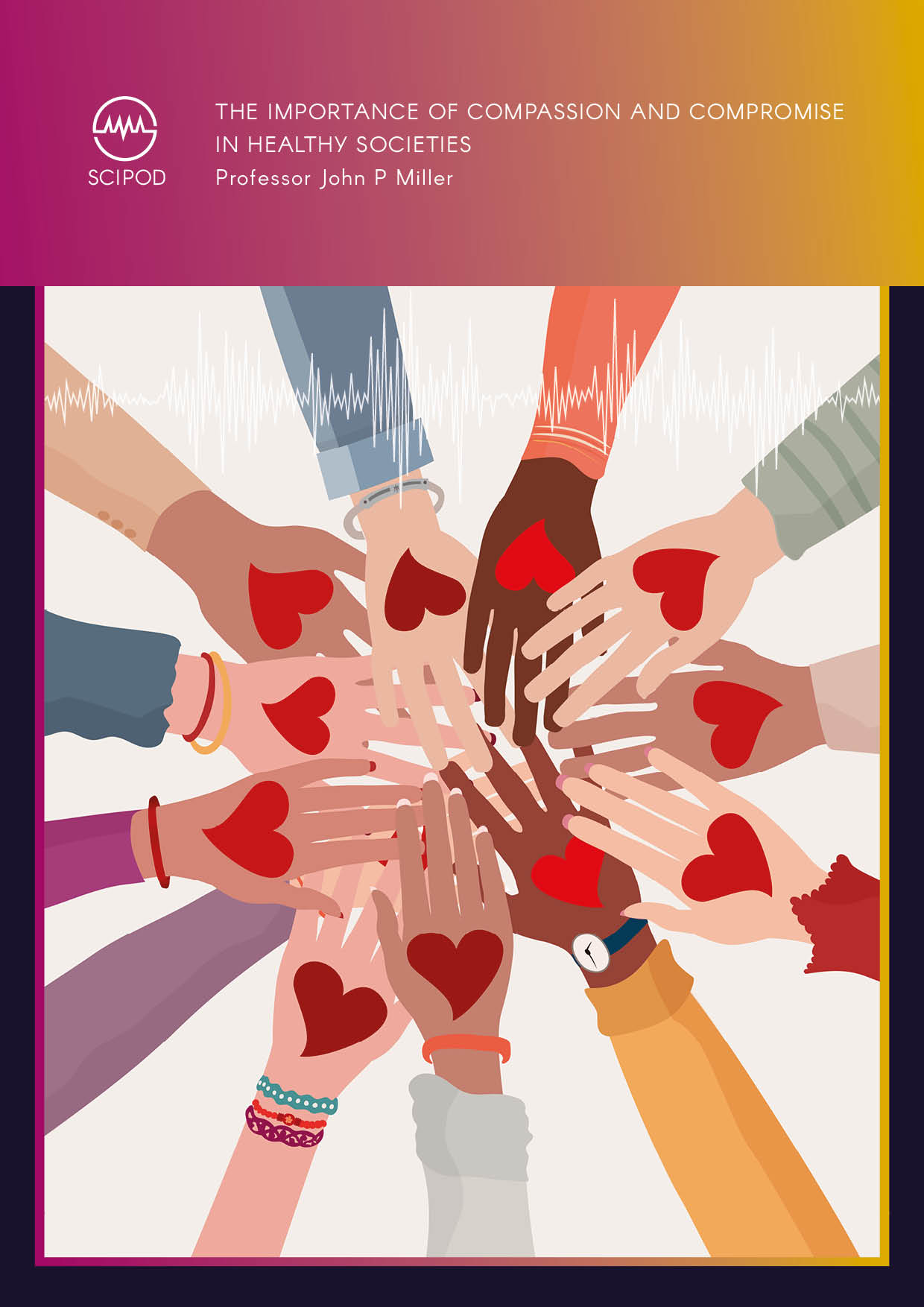
Professor John P Miller | The Importance of Compassion and Compromise in Healthy Societies
In a recent paper, Professor John P Miller discusses the importance of mutual accommodation and compassion in preserving democracies and ensuring we can tackle some of our biggest global problems. He highlights the way in which Canada has become a more tolerant, cooperative, inclusive society by emphasising the role of compromise and compassion. Using examples from education, he shows how we can nurture these qualities in children and young adults.
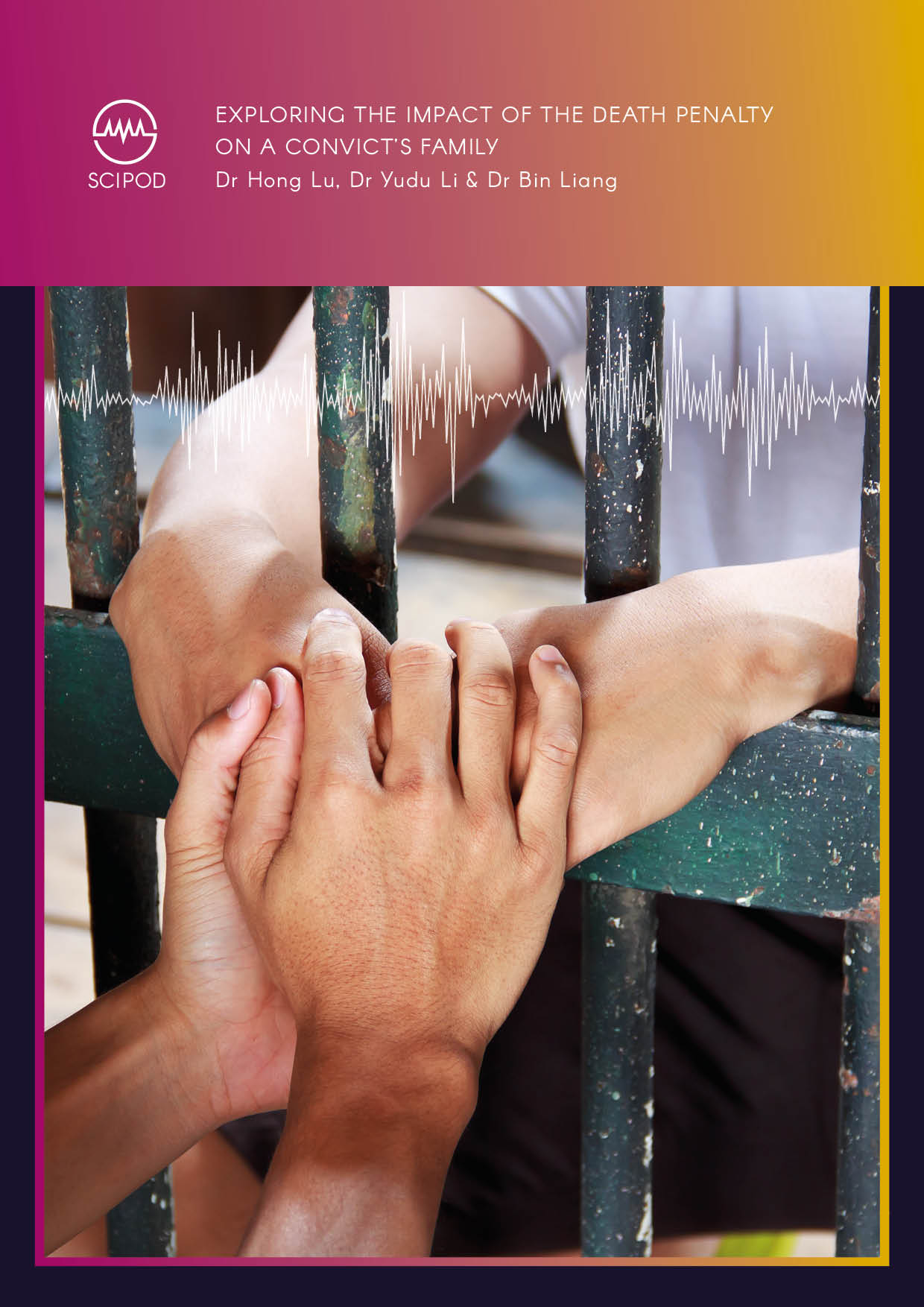
Dr Hong Lu | Exploring the Impact of the Death Penalty on a Convict’s Family
So far, very few research studies have investigated the effects of criminal convictions on the families of defendants. Dr Hong Lu, a Professor of Criminal Justice at University of Nevada, along with her co-authors, Dr Yudu Li and Dr Bin Liang, carried out a study examining how the family of Nian Bin, the defendant in a high-profile capital case in China who received four death sentences, managed the physical, emotional, financial, and legal challenges they faced after their relative’s conviction.
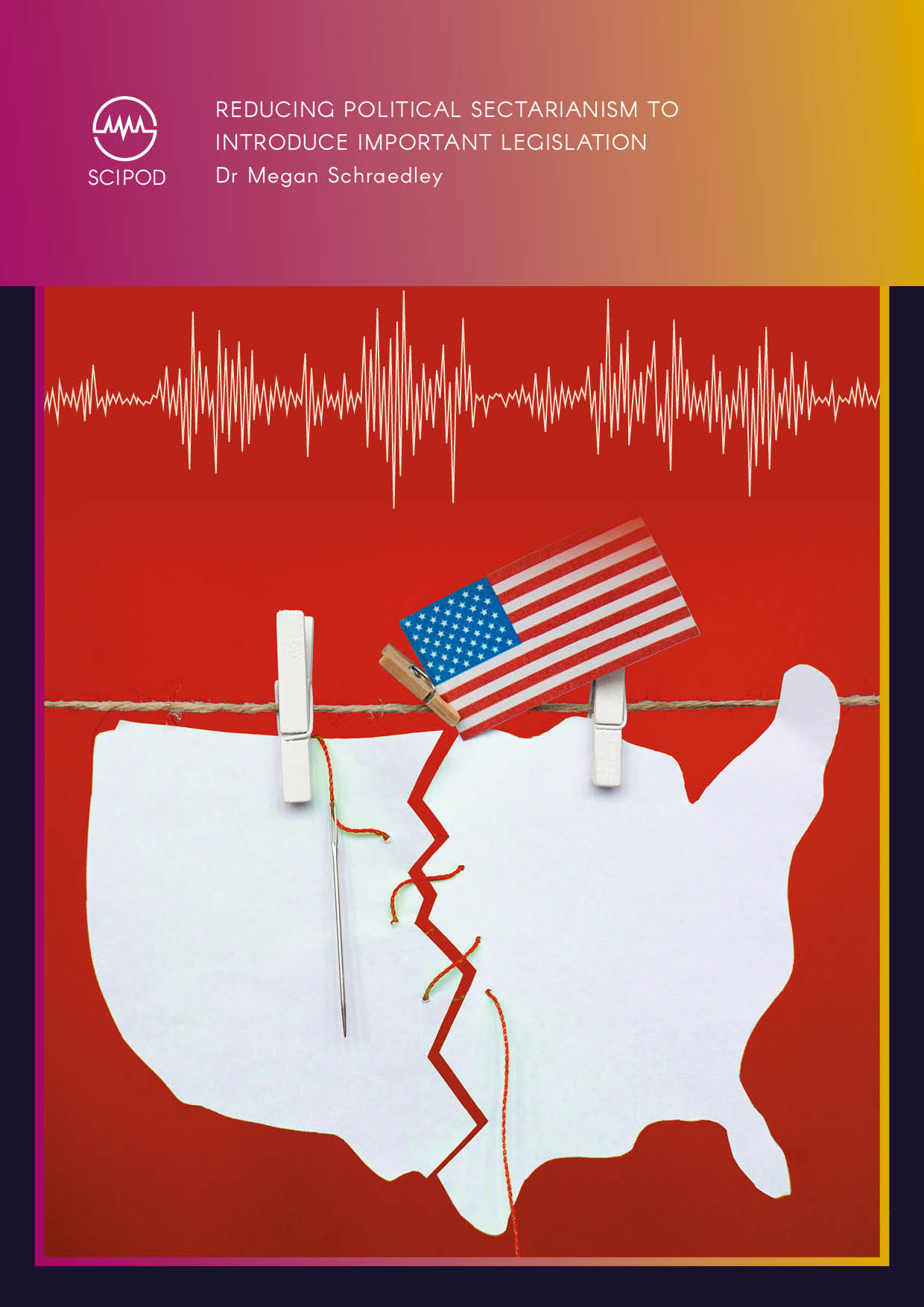
Dr Megan Schraedley | Reducing Political Sectarianism to Introduce Important Legislation
In the United States, public opinions have become increasingly polarised. This polarisation leads to ‘othering’, which describes how one group of people can view another group as very different from themselves and depict them in negative ways. Dr Megan Schraedley at West Chester University recently carried out a study exploring how othering arises in the context of US politics, and how it can be disrupted. Understanding how this destructive phenomenon can be disrupted could help policymakers to successfully introduce important legislation.
Increase The Impact Of Your Research!
Explore partnership opportunities
Unwind without the hassle. Enjoy fresh audiobooks, delivered free!
